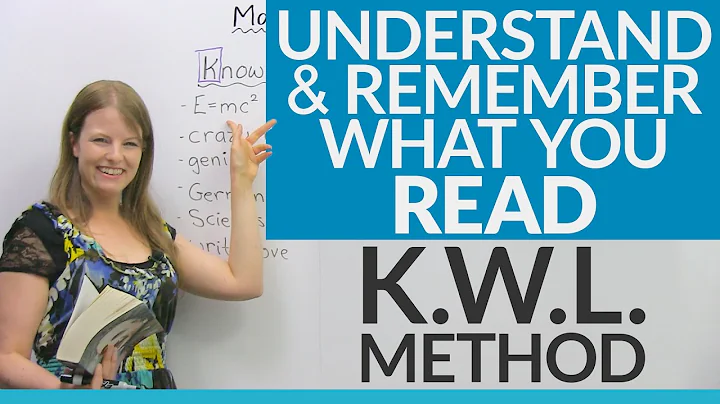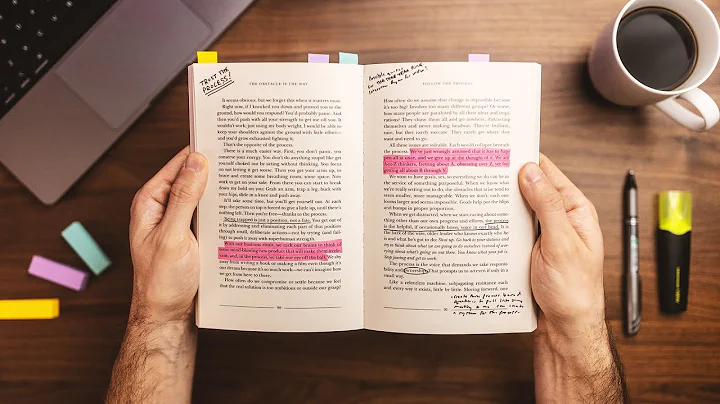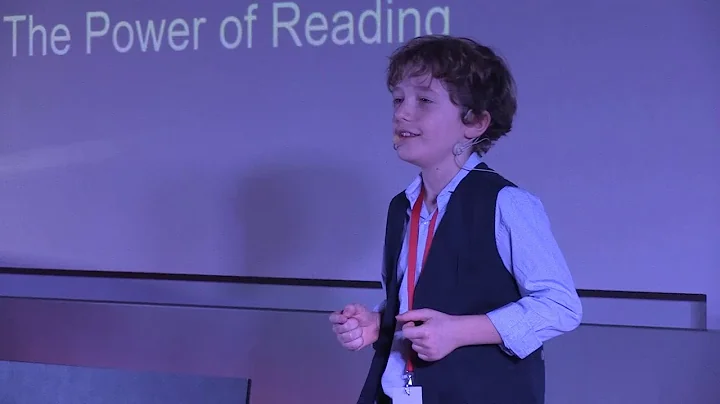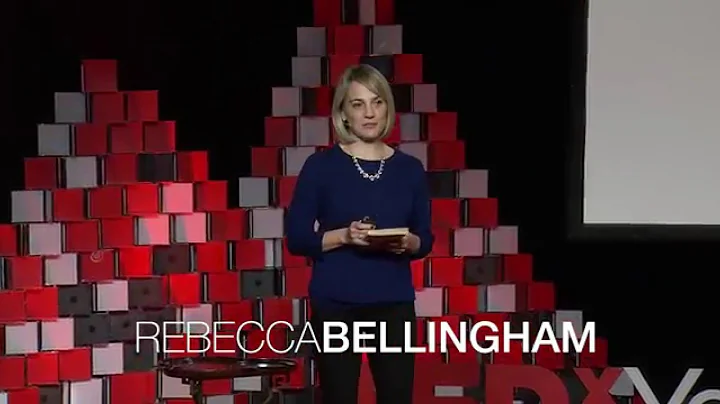is also like reading a book,
wise parents can effectively
guide their children to read intensively,
but this ability is based on the growth of
continuous learning.
If you don’t study yourself,
how can you guide your children to read?
Today we take a look at this parent
’s story about intensive reading and the CROWD questioning method~

The ideal thing is to combine extensive reading and intensive reading, complement each other and bring out the best in each other!
A few days ago, I was chatting with a few friends about my experience in interviewing for primary school students. One mother mentioned some questions that her daughter participated in the interview last year. One of the questions asked me to listen to a story and answer questions. I thought it was quite interesting, so I would like to share it with you.
The story is not long:
The giraffe and the little crocodile are good friends. The little crocodile invited the giraffe to visit his house, but the little crocodile's house was too short, and the giraffe's head kept hitting the roof. Finally, the giraffe came up with an idea to extend his neck into the chimney so that he could stand Straightforward, he also said: Now I can breathe fresh air. The giraffe invited the little crocodile to his home. The little crocodile said: Your chairs are so short and the table is so high, how can I eat? Later, the little crocodile thought of a way, moved a ladder and climbed up, and finally was able to eat.
After listening to the story, the question came:
Who is the protagonist in this story? What difficulties did they each encounter? How did you solve the problem?
Don’t underestimate this question. I asked several preschool children to try it. Only half of them could answer it accurately. More children were still confused after listening. Some forgot the content and some couldn’t summarize it. Summarize.
It is not difficult to listen to stories, just like children usually listen to picture book stories told by their parents. But it is not easy to remember the story in a short period of time, understand the gist of the story, and summarize the key points such as "characters, places, what happened" based on memories.
To do this, you need to practice more in daily reading. adds conscious practice in reading, which is called "intensive reading".
I shared the new book "Tomorrow's Reading" by Professor Chen Dehuai of Taiwan National Central University. It is mentioned in the book that there are two types of reading, one is reading for interest, which is called "interest reading", and the other is reading to acquire knowledge, which is called "knowledge reading".
There is a progressive relationship between these two kinds of reading. It starts with extensive reading, taking interest as the starting point and enjoying the fun of reading. Slowly, it will develop into intensive reading, with "knowledge-based" memory, understanding and thinking as the goal.
Each child's reading development progress is different. If the child already has a foundation of extensive reading, he can actually enter the intensive reading stage, which is mainly about acquiring knowledge. If can turn on the intensive reading mode at about five years old, it will be helpful for interviews from early childhood to primary school. From a distance, it will also be of great help for writing essays in primary school.
However, extensive reading is very simple. Just focus on enjoying reading with your children. How to read intensive reading? Are there any example actions that I can refer to?
Here I recommend to you a CROWD question principle . I use it more when I accompany my children to read intensively, and I feel that the effect is pretty good. You can try it. The
CROWD questioning principle is the intensive reading method recommended by the National Reading Council of the United States. It is also the "reading model for preschoolers" highly recommended by Professor Zhou Jing, who has long been engaged in children's language development and education research and author of "Language Education for Preschoolers".
Next, I will use the picture book "100-floor bus " as an example to explain in detail the practical method of the CROWD questioning principle, hoping to better help everyone understand and practice it.
C: completion
asks children to complete the content
This is a question asking children to help complete the entire sentence or story content.Take the book "The 100-Decker Bus" as an example. The first page is the daily life of a bus driver. We can ask: "What did the bus driver do after drinking tea on Tuesday morning?" Let the children pass their own stories Observe and think to answer questions. Questions like
are generally not difficult. Children can guess them through pictures even if they are illiterate. When they see the driver's movements in the picture, they can answer in one breath: "He put on his coat after drinking tea, and then got on a double-decker bus!"
The supplementary content questions are to open up children's little minds. Let them participate in the content of the story spontaneously and actively. Moreover, similar questions are often very simple. Because of their simplicity, children can see and think of them at once, and have enough self-confidence and enthusiasm to speak out loud!

R: recall
Questions to help recall
Recall means "recall" in Chinese. As the name suggests, it refers to questions to help children recall the content of the story. Qianxun has a good habit of reading, which is to repeat. She will read the same book more than ten or twenty times. For example, she has read the book "The World Champion Who Never Sleeps" more than fifty times in total. The advantage of repetition is that she has thoroughly digested the content of each book. Months later, if you ask about the plot, she can even remember which story character is wearing what style of clothes, as well as the joys, sorrows, and joys of each character. .
The development of this good habit starts with Recall-style questions. I like to pretend that I have forgotten after she has finished reading a book and ask her: "Hey, do you still remember why the bus driver embarked on a big adventure? Also, after the 100th floor celebration of the bus, the bus driver was overwhelmed and died. "It fell. How did the passengers in the car save themselves?"
My purpose is very simple. I want her to learn the skill of "ruminating" like a cow and reorganize what she has just read through memory. This type of questioning helps children consolidate the knowledge points learned in the story, and can enhance their memory and logical reasoning abilities.
A friend of mine, whose daughter just participated in an interview at our well-known private school last year, said that one of the questions asked the children to retell the content of the story. The teacher told it first, and the children then retell it independently through recall. Recall-style questions coincide with each other.

O: open-ended
open-ended question
O is an open-ended question, which is an "open-ended question" that asks children about the content of the book. The so-called open-ended question of is a question with no standard answer. The purpose is to diversify the child's thinking. Encourage them to use their imagination boldly and let their wild ideas fly as far as they can! It can be said that the questioning method of is loved by all children. Every time a story is told in the picture book library, as long as an open-ended question is asked, the children will automatically enter the answering mode.
For example, when explaining the cute and creative story "The 100-Decker Bus", we can learn from the driver in the story who does not follow common sense and ask some creative questions:
"Qianxun, if you are Bus driver, where are you going to drive it? "
" If you live on the 100th floor, how are you going to design it? "
" Who do you want to live downstairs like this? Qianxun was very interested in asking questions and provided many interesting answers. Why should we drive the bus to the desert and then build an infinity swimming pool on the 100th floor so that all the little animals in the desert can come up and swim...
General imagination The compositions written by children who are rich in energy have their own aura. Some time ago, there was a popular book called "Children's Poems". In the book, seven-year-old Jiang Erman's poem "Lamp" only had two short sentences:
"The lamp burned a hole in the night."
Most people only see the flickering lights in the night, but Jiang Erman sees the entire night from the perspective of the lights. His bold imagination makes this poem come alive.
There is also six-year-old Wang Ziqiao, who wrote:
No one has ever seen the wind, let alone you and me. But when the paper money is floating, we know that the wind is counting the money.
Have you noticed that these wonderful wordings and metaphors all come from children’s rich imagination!

W: wh-question
Special questions
Special questions are mainly about the major elements that make up the content of the story, such as what (what), where (where), when (when), and why (why). Who is the protagonist of the story, when and where the story takes place, why the story takes place, etc. Its main function is to help children understand some new vocabulary and sort out the logical framework of the story.
Take "The 100-story Bus" as an example. You can ask your children: "Where does the story take place? Is the protagonist a bus driver? When did the bus driver suddenly want to have a big adventure... "When children find out the answers to these questions, the context of the entire story and the characters will be very clear.
Personally, I feel that questions like are very helpful for children’s writing in primary school. Before writing , don’t you generally have to construct a simple logical chain in your mind, such as story characters, time and place, etc. When reading, we Frequently asking children some relevant questions to help them develop the habit of sorting out several major elements is equivalent to constantly repeating the framework exercises before writing.

D: distant question
extended question
D is a distant question, an extended question beyond the book. The purpose of extended questions is to help children connect the content in the book with the reality in real life. It is not an intellectual question, but more of an experiential question, or a question that inspires thinking.
In "The 100-Floor Bus", the bus driver feels that the same daily life is too boring, and wants to start an adventure that breaks the rules. I will ask Qianxun: "Do you sometimes feel the same as the bus driver? Is it a bit boring to wake up at the same time every day, go out at the same time, and go to school at the same time?”
She said that sometimes she feels bored and sometimes she doesn’t. I asked if we are bored, can we learn from bus drivers to adjust ourselves and transform our ordinary life... We will extend the content of the picture book, sometimes to communicate more profound things, sometimes to explore a certain theme, The main purpose is to inspire children to think independently.
Another example is the 100-story bus in the story. Each floor has different characteristics. Some have open-air balconies where you can drink tea and bask in the sun, and some even have small animals. The scenes on these floors are very close to children's lives. You might as well ask the children: "If you were asked to design, what kind of home would you decorate, what would be put in the home, and who would you like to invite to live with you?" Slowly guide the children to express their thoughts. ideal life.
In short, extended questions are very flexible. Parents can make their own decisions based on the actual content of the picture book. You can extend some philosophical discussions or extend common sense of life, which is all OK!

Some parents may be worried that using questioning methods during reading will affect their children's reading experience? In fact, we can completely bring the distance between interest reading and knowledge reading, that is, extensive reading and intensive reading, closer. .
For example, a boy will read picture books related to dinosaurs because he is interested in dinosaurs. When he has a lot of background knowledge about dinosaurs, he will read intensively because he is eager to learn more about dinosaurs. Extensive reading and intensive reading complement each other. Extensive reading lays the foundation for intensive reading, and intensive reading can promote more extensive reading. The most ideal thing about
is, of course, to bring out the connotations and characteristics of these two reading methods together, complementing each other and bringing out the best in each other!
Highlights
1. If the intensive reading mode can be turned on at around the age of five, it will be helpful for interviews from early childhood to primary school, and it will also be helpful for writing essays in primary school from a distance.
2 and CROWD questioning principles are the intensive reading methods recommended by the National Reading Council of the United States, and are also the "reading model for preschoolers" highly recommended by Professor Zhou Jing.
3 and CROWD questioning methods do not damage the reading experience. Extensive reading and intensive reading are complementary to each other.
content source: East-West Children’s Education





















